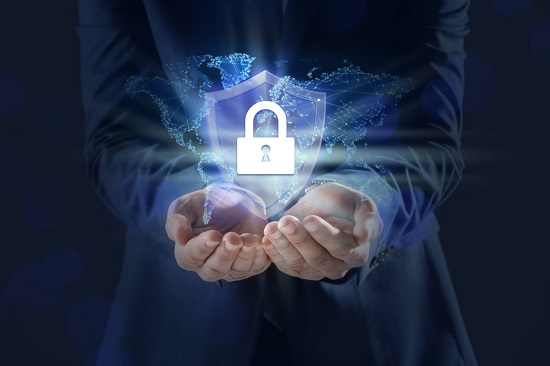
Businesses of any size and located anywhere can use the internet to reach new markets. They also have the opportunity to be more efficient by using computer-based tools. Cybersecurity should be considered whether a company plans to adopt cloud computing or use email and maintain a website. Digital theft is now the most common form of fraud. It has surpassed physical theft. Every company that uses the Internet must create a culture of security to increase business and consumer confidence. The FCC launched the Small Biz Cyber Planner 2.0 online in October 2012. This tool allows small businesses to create custom cybersecurity plans.
A one-page Cybersecurity Tip sheet was also published by the FCC. This quick resource includes new tips for creating a mobile device plan, as well as information on credit card and payment security.
Cyberseucrity: Securing and Empowering Small Business With Technology
On May 16, 2011, the FCC hosted a roundtable with leaders from both the private and public sectors in order to provide the most current and effective cybersecurity strategies for small business owners.
For more information on the Cybersecurity Roundtable May 16, 2011 event, visit the Cybersecurity Roundtable event webpage. You will find links to the News Release, Factsheet and playback of the recorded webcast.
The agency also released a Cybersecurity Tips Sheet that outlines the top ten methods entrepreneurs can protect network, themselves, and their customers from cyber attacks.
10 Cyber Security Tips For Small Businesses
Small businesses can reach new markets by using broadband and information technology. This allows them to increase productivity and efficiency. Businesses need a strategy for cybersecurity to protect themselves, their customers and their data against growing cybersecurity threats.
Training employees in security principles
Establish policies and security procedures for employees. For example, require strong passwords and set appropriate guidelines for Internet use. Set up rules that outline how to protect and handle customer data.
Cyber attacks can be prevented from computers, networks, and information
Maintain clean computers: Ensure that you have the most recent security software, web browser, operating system, and antivirus software. This will help protect against malware, viruses, and other online threats. After each update, set antivirus software to run an automatic scan. Other key software updates should be installed as soon as possible.
 Firewall security is essential for Internet connections
Firewall security is essential for Internet connections
A firewall is a collection of programs that block outsiders from accessing private networks. You can either enable the firewall on your operating system or download free firewall software online. Employers who work remotely should ensure their home systems are protected with firewall security.
Create a mobile device action plan
If mobile devices have access to confidential information or the corporate network, they can pose significant security and management problems. To prevent thieves from using your phone’s public network, make sure that users password-protect and encrypt their data. Set up procedures to report equipment stolen or lost.
Backup copies of business data and other important information should be made
Backup all data regularly. Word processing documents, databases, financial files and human resources files are all critical data. If possible, backup data every week or more often and keep the copies offsite or in a cloud.
You can control physical access to your computers by creating user accounts for each employee. Unauthorized individuals cannot access or use business computers. Laptops are easy targets for theft and can be lost so make sure to lock them away when they’re not being used. Each employee should have a unique user account and strong passwords. Only trusted IT support staff and key personnel should have administrative privileges.
Protect your Wi-Fi networks Secure your Wi-Fi networks for work. Make sure they are encrypted and hidden. Your wireless access point, or router, can be used to hide your Wi Fi network. It will not broadcast your network name (also known as the Service Set Identifier, SSID). Passwords are required to gain access to the router.
Use best practices for payment cards
Banks and processors should be consulted to ensure that the best tools and anti-fraud service are used. Your bank or processor may have additional security requirements. Separate payment systems from less secure programs. Don’t use the same computer for processing payments or surfing the Internet.
Limit access to data and information for employees, restrict authority to install software.
Access to all data systems should not be granted to one employee. Employees should be granted access only to the data systems they require for their job. They should also not be allowed to install software without permission.
Passwords and authentication
Employees should be required to use unique passwords, and that they change their passwords at least once every three months. Multi-factor authentication, which requires additional information to gain access, is something you might consider. Multi-factor authentication is available for accounts that are sensitive. Check with vendors who handle sensitive data, such as financial institutions.
Call SpartanTec, Inc. now if you need more information about cybersecurity and how our team of IT experts can help.
SpartanTec, Inc.
Fayetteville, NC 28304
(910) 745-7776
http://manageditservicesfayetteville.com
